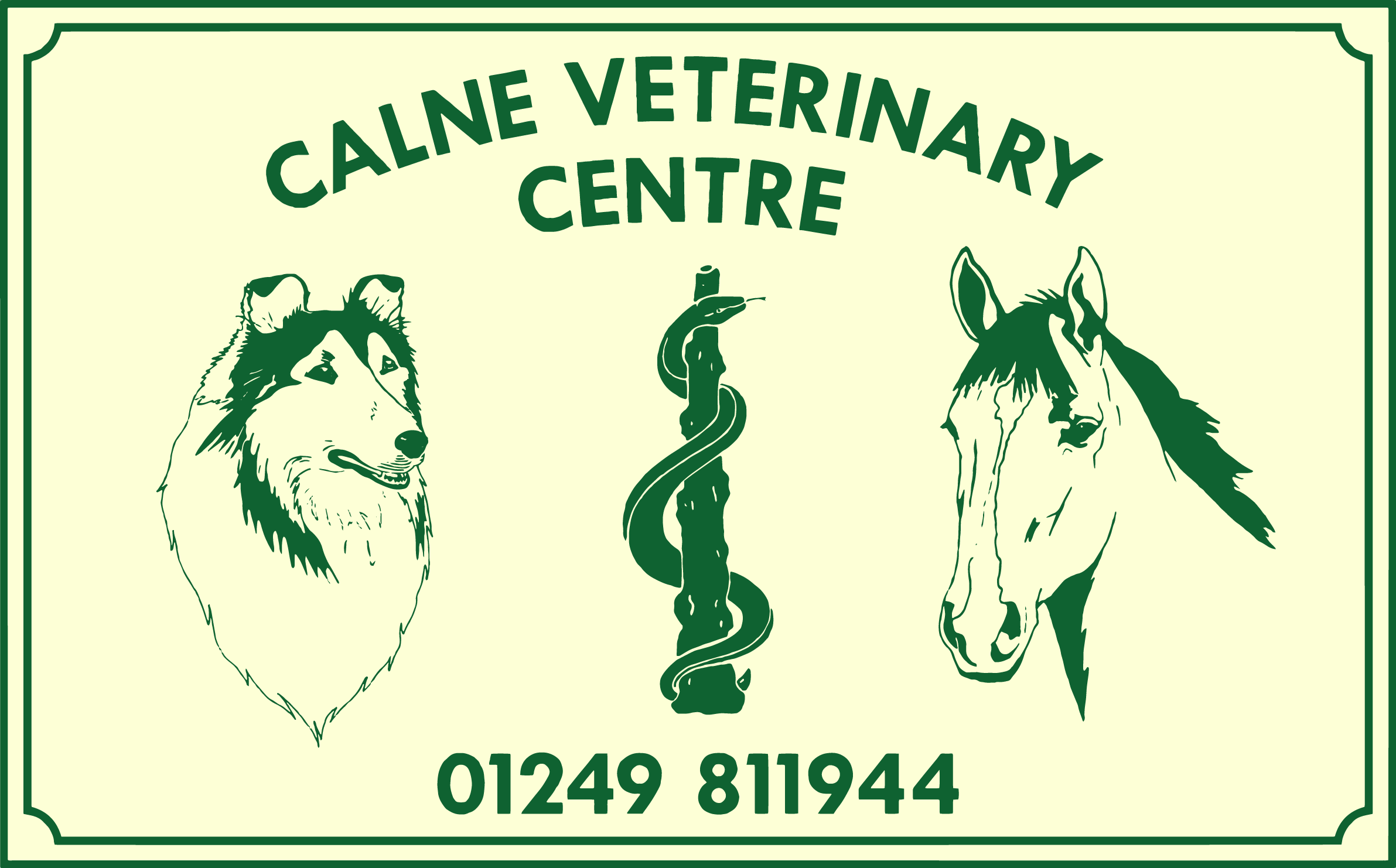Caring for your rabbit – advice from the practice in Calne
CALL 01249 811 944
Are your rabbit’s vaccinations due?
Indoor rabbits
- Rabbits chew through cables and wires, so make sure your house is well rabbit-proofed
- Keep your rabbit in a cool, but not overly cold, environment, to prevent them gaining too much weight
- Rabbits will slip easily on laminate and lino floors. A non-slippery or carpeted surface is advisable to prevent injury
Outdoor rabbits
- Keep your garden free from poisonous plants, as your rabbit will tend to nibble at anything. The following webpage gives a fairly good list of plants to avoid: rabbitawarenessweek.co.uk
- Rabbits can get distressed by predatory animals, so try to keep cats out of your garden, and position the cage so that the rabbit cannot see into gardens where there are dogs.
Neutering
It is generally considered necessary to neuter your pet rabbit at about 5-6 months – something that we at Calne Veterinary Centre can do for you. Neutering prevents unwanted pregnancy, sexual aggression in both does and bucks, and nest building in does. It also helps to steer your rabbit clear of uterine cancer. Neutering for rabbits is safer than ever before, and downsides such as a tendency towards gaining weight can be combated with the appropriate diet.
Some essentials
- Vaccinations – for myxomatosis, viral haemorrhagic diarrhoea and other common illnesses
- Microchipping – so that your rabbit is returned to you should it get lost
- Insurance – keeping down those vet bills
- Grooming – essential for long-haired rabbits, as matted, or faeces-ridden, hair can be painful and lead to flystrike
- Flystrike treatment – stop flies laying eggs in your rabbit’s fur with our range of treatments
- Worming – recommended 2 to 4 times a year
- Dentistry – poor dentistry can lead to problems with eating and swelling around the face
- Nutrition – rabbits should have a diet rich in fresh vegetables, but avoiding lettuce, which can cause diarhoea
Handling
- Do not pick your rabbit up by its ears or the scruff of its neck
- Instead, place one hand under its bottom for support, and lift gently
- It is important that your rabbit feel safe and secure when handled, as they can panic and get distressed easily
- Move slowly and quietly, especially with rabbits that are anxious, or which do not like to be handled
- Stroking and handling your rabbit whilst they are eating can help to reduce any anxiety over time
“We would like to say a big thank you for all that you did for Murphy over the years and most especially at the end of his life. It may sound strange but we really think Murphy enjoyed coming to see you all. Thank you for your lovely card , it was beautiful and helped a great deal.”
S & N

